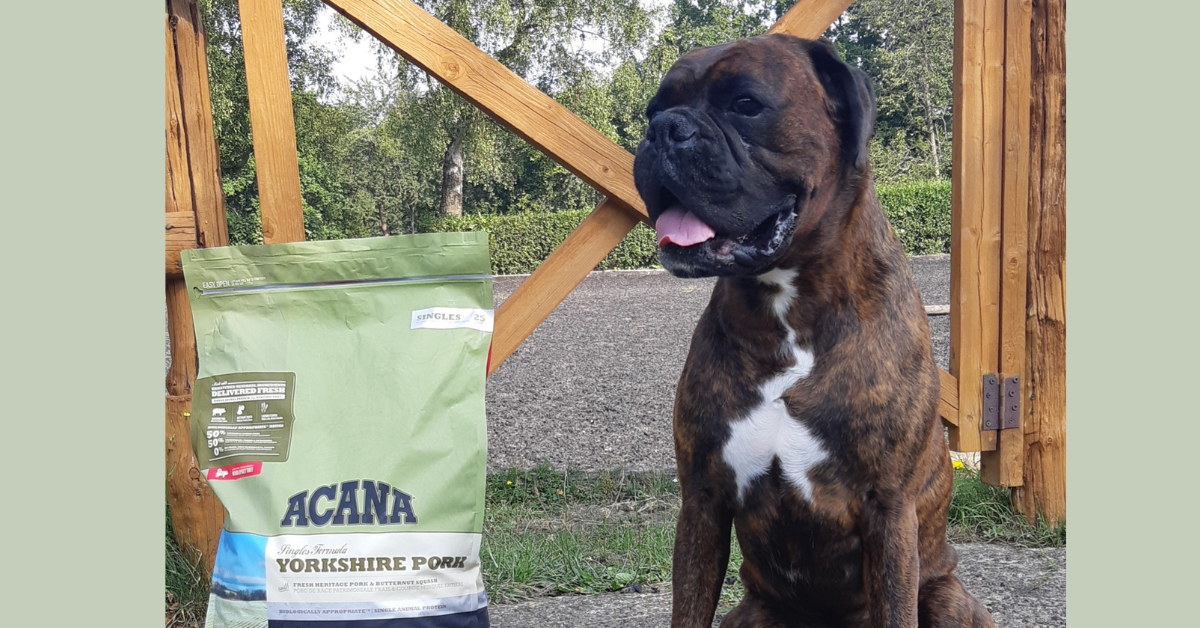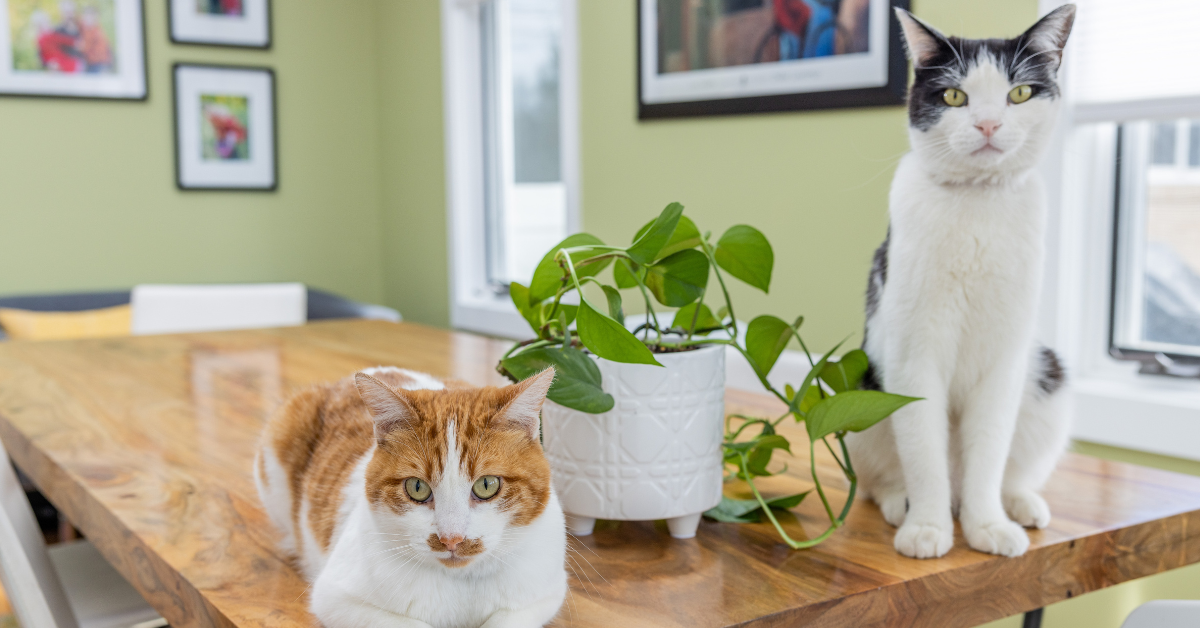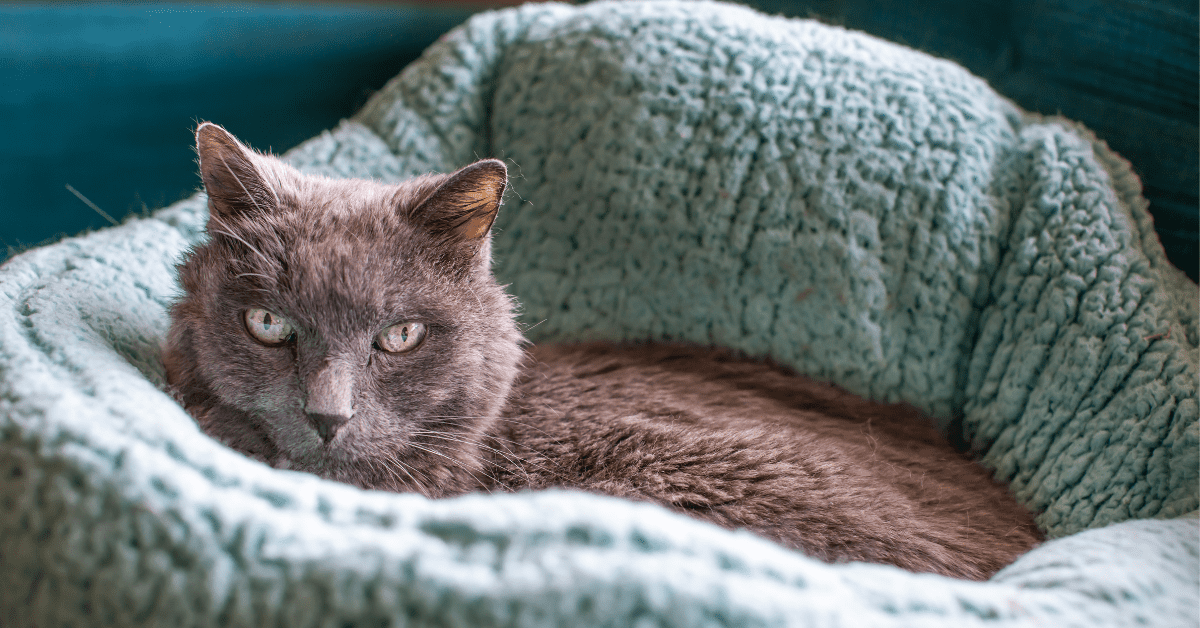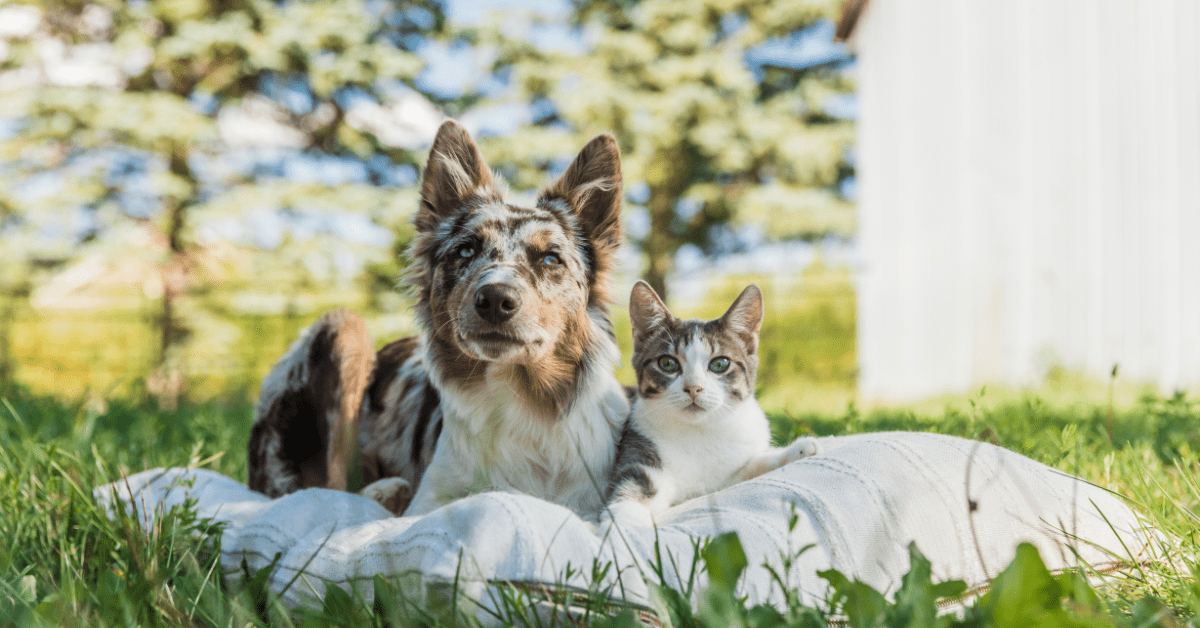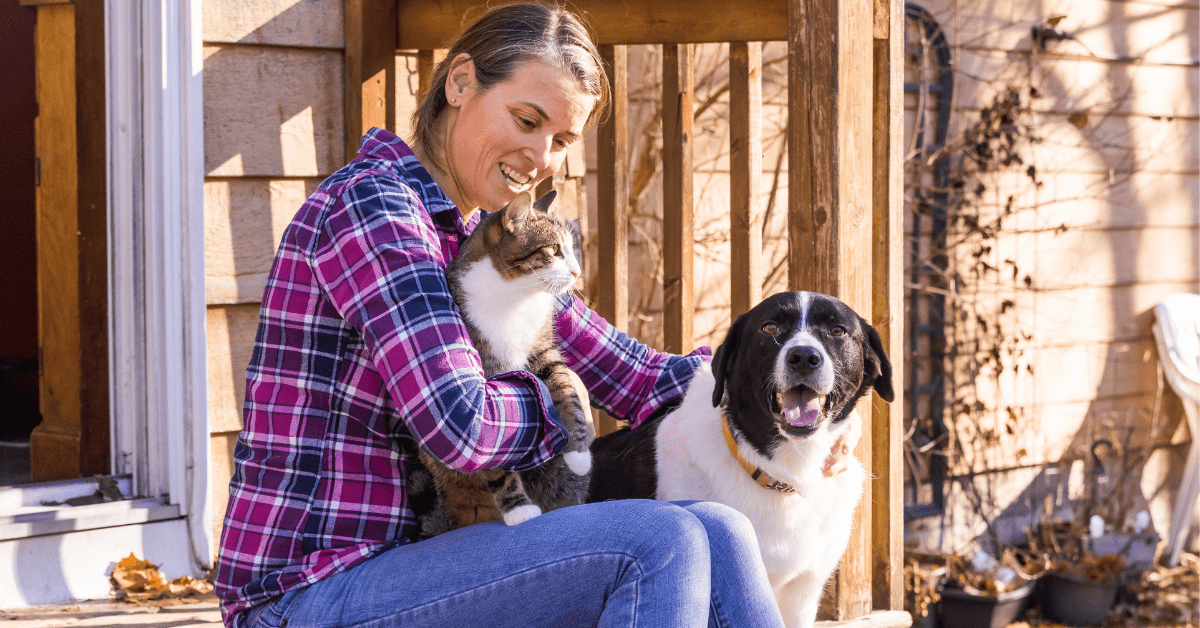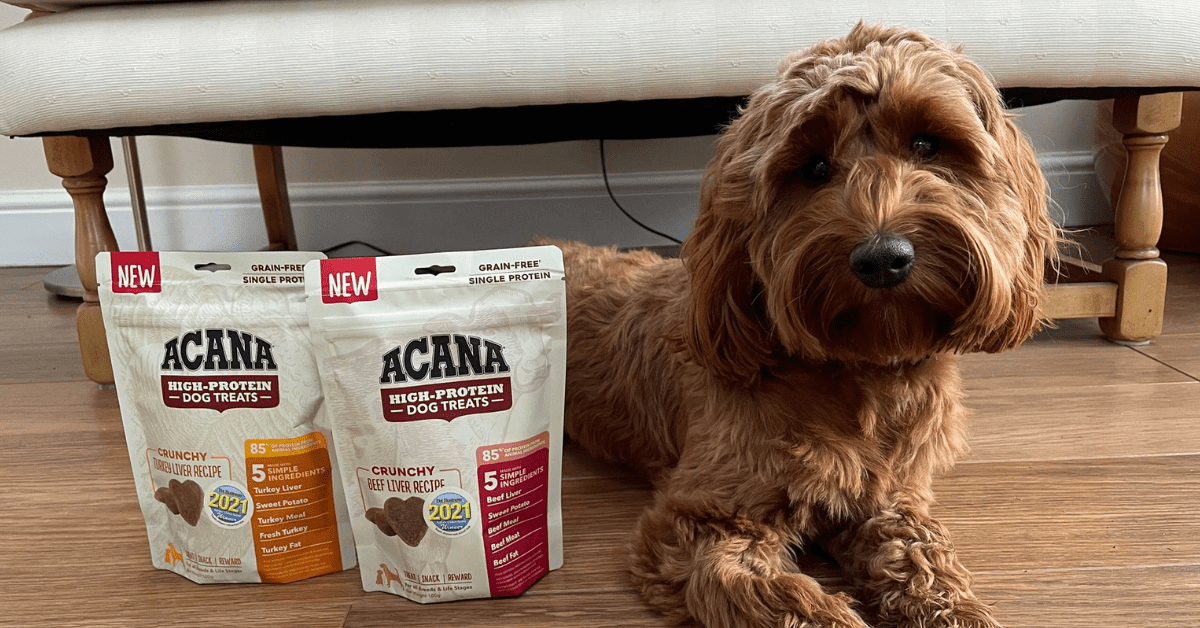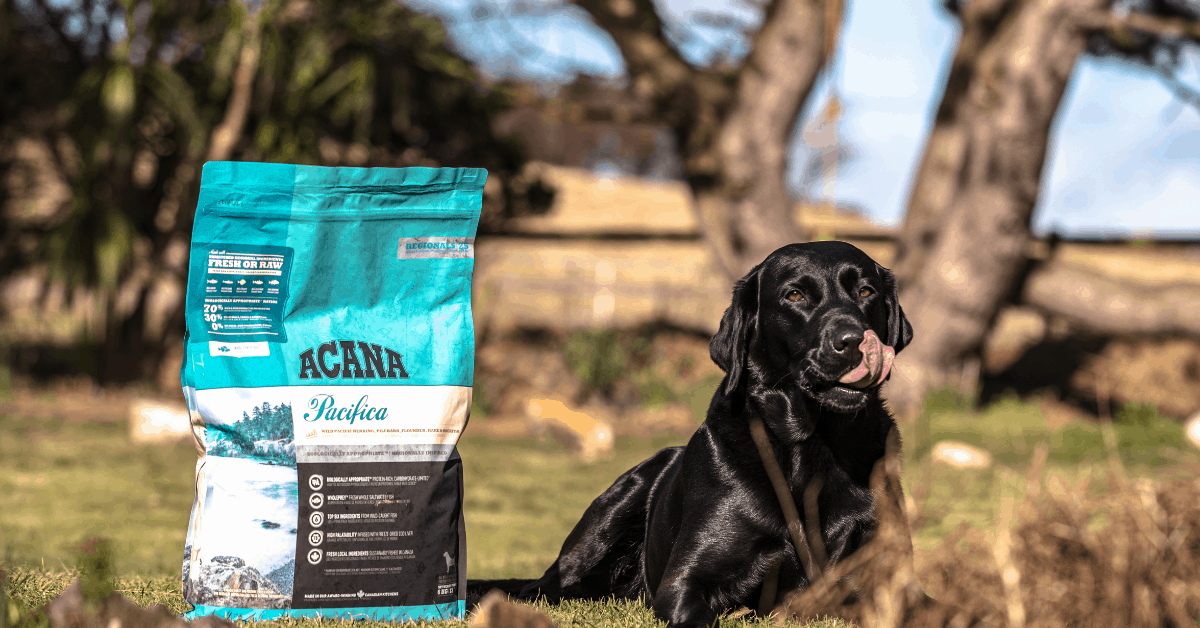Murphy was a four year old boxer – bright and bouncy in all ways apart from an intermittent reaction to an unknown cause. Each time it would appear start with
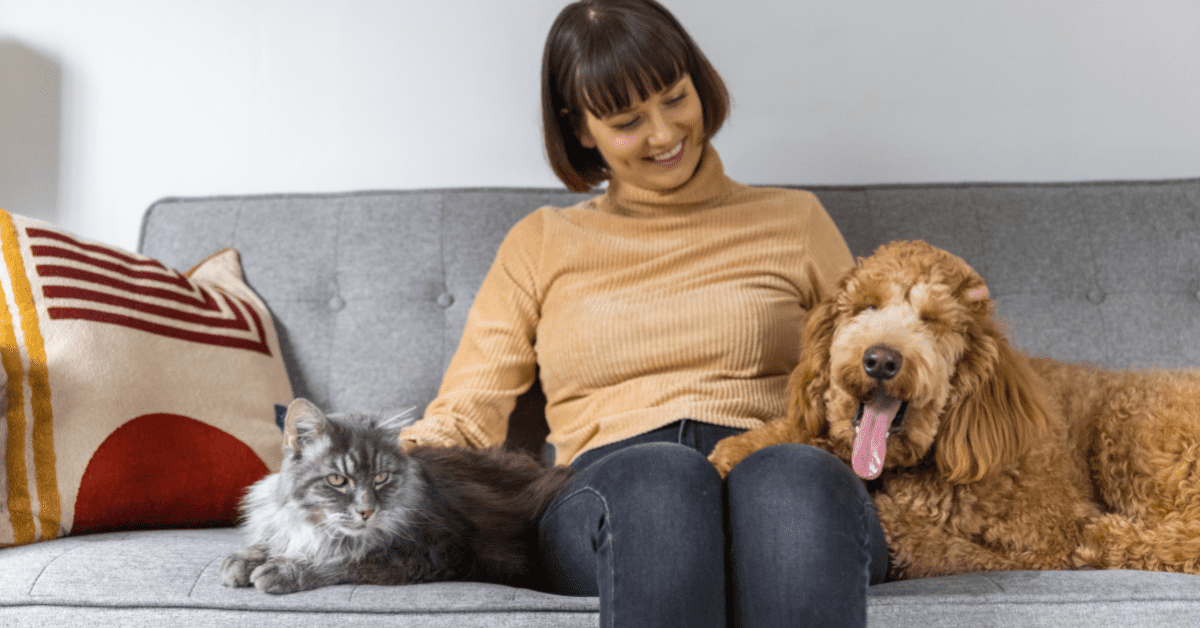
Returning to the office and changing our routine, can be hard on our pets. During lockdown and with the rise of working from home, our dogs and cats have enjoyed more quality time with their human parents. As these working patterns are resetting, how can we help them adjust to new routines, and to potentially being alone for longer periods of time that they’re used to. ACANA’s pet experts are here to help and have the following three recommendations to ease the transition for beloved pets and beloved parents.
Why do some pets become so much more anxious and attached to their owners when they return to work?
Two factors may be playing into this perception: 1) our pets pick up on our own anxiety and the attachment they feel is a response to it, and 2) a change in our routines can result in a change in theirs, leaving them wondering what happens next.
Returning to work and leaving your animals at home can be challenging emotionally. Not only do our pets become accustomed to having us around more, they can also play a beneficial role in supporting us in what can sometimes be a lonely period of time. The most important thing to remember is to take care of ourselves, for our own mental health and our pets.
What can pet owners do to prepare their pets for a world where they aren’t home all the time?
There are many different strategies we can employ to ease this transition:
- A slow transition into new routines is best. If a quick transition is unavoidable, we can prepare our pets by mimicking the new routine ahead of time – for example, leaving the house earlier than usual or gradually increasing the amount of time pets are left alone.
- Don’t succumb to overemotional hellos or goodbyes. Pets will pick up on it. Calm greetings and departures are always best. To help with goodbyes, have a treat ready several minutes ahead of time to distract them when you are leaving for extended periods of time.
- Maintain an exercise routine. Of course, daily walks or playtimes may be a little shorter or occur at different times, but exercise contributes to physical and mental health, for both you and your pet. Most cats prefer short bursts of play, so they likely won’t mind if their play times start occurring at different times of the day.
- Ask a trusted friend or family member to pop in whilst you are out. The extra activity will alleviate some of their stress due to a pet parent being around less often, and the exercise will benefit their overall health. If using a day care or dog walker for a similar service, ensure you check they have the correct license and insurance – you should also ask for references from other happy pet parents.
What can pet owners do to mentally prepare themselves for not being with their pets all the time, so they don’t feel like they’re abandoning them?
The good news is the human-animal bond is resilient and it has only strengthened in the post pandemic world. You can find comfort in that strong bond and know pets will adapt gradually. Of course, if any pet is displaying excessive signs of anxiety, for example, destroying the house or presenting concerning behavioral issues, seek advice from a pet professional.



